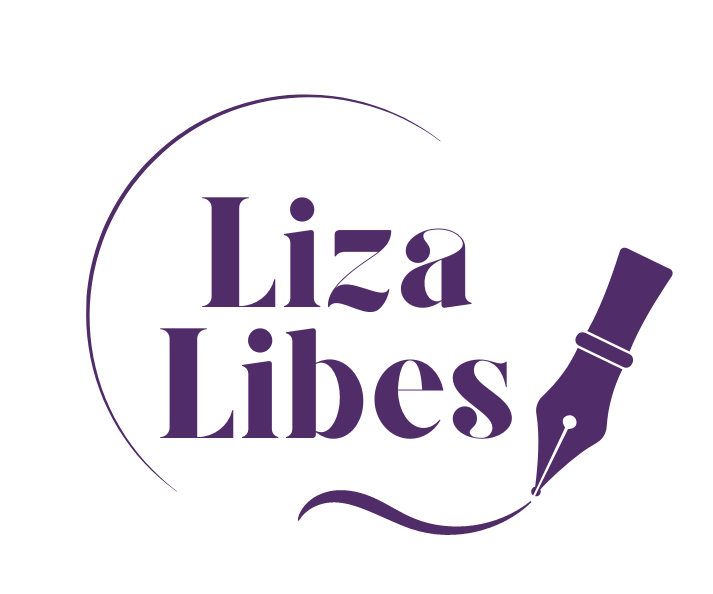Tips For Aspiring Poets: How to Get Published in Literary Journals
You’ve written poetry. You’re ready to become a published author! But how do we get there? Navigating the literary magazine world can certainly be daunting, but here are some helpful tips and tricks for you to become a published poet!
You can also view this article in video format here on my Instagram page.
Know Your Journals
Literary magazines come in all shapes and sizes. There are the big ones, the small ones, the new ones, the old ones. If you’re a poet who is just starting out, you might not get published in Poetry Magazine right off the bat, but you can start small and work your way up.
(Pro Tip: Pens and Poison Mag is currently accepting poetry submissions from all new authors, so don’t forget to send us your best!)
Compile Your Poetry
Most literary journals will accept 3-5 poems in a single submission, so you’ll want to compile your best work into a single document. Most journals will ask that the poems be formatted in 12-point Times New Roman and that each poem start on a new page. Once you’ve put your best poems together, you can save the documents as either Word or PDF files depending on the particular journal.
Compose Your Author Bio
Now that you have your poems ready, you’ll want to let journals know a little bit about who you are. Author bios should be short rather than a paragraph long. Let the editors know what makes you cool and where your work has appeared previously in a single snapshot. If you have not yet been published, that’s all right too! You can reference your personal blog or put your work up on Medium to get started on your publication credentials.
Here is my author bio for some inspiration:
Liza Libes founded her literary project, Pens and Poison, in New York City. Her writing has appeared in Kveller, Gone Lawn, Jewish Women of Words and elsewhere.
The key here is short and sweet!
Draft Your Cover Letter
Once your bio is ready to go, you’ll want to let the journal know what you’re submitting to them. Just as you did with your bio, keep your poetry cover letters short! I can’t tell you how many authors we’ve rejected over at Pens and Poison Mag just because they’ve sent us essays for cover letters—we’re interested in reading your work more than the introduction to it. Your work should speak for itself, so if find yourself writing an extensive cover letter to explain your poem’s contents, you might want to revisit the editing stages.
Here’s a sample of my own cover letters to get you started:
Dear editors of [Lit Mag],
I am writing to propose my four poems “Exit,” “Yellow,” “Lakeside” and “Luncheon at an Old Estate” for publication in your journal. You may find them attached to the submission below.
My bio is as follows:
Liza Libes founded her literary project, Pens and Poison, in New York City. Her writing has appeared in Kveller, Gone Lawn, Jewish Women of Words and elsewhere.
Thank you so much for your consideration, and I hope to hear from you soon.
Best,
Liza
A great cover letter does two things: introduces your work and includes your bio. That’s it! Don’t overthink this one. Editors will be more interested in your work rather than your cover letter.
Note also that each of the poems I submitted to this one journal ended up landing in different journals. Oftentimes, editors will opt to publish one poem out of the several that you send to them, and from there, you can submit the remainder of the unpublished poems to other journals.
Research Literary Journals
Our last step is to identify literary journals that will house your work. Below are some databases to get you started.
A comprehensive list of literary journals that you can filter by topic or submission timeframe. Note that P&W prefers to list more mature journals, so this might be a better place to start once you’ve already had some publications under your belt.
Duotrope is a fantastic database that can help you sift through literary journals to get you started. Duotrope also has their own submission management system, Duosoma, that can streamline your submission process!
Submittable is a submission management system that houses countless magazines and journals. You can identify magazines to submit to by using the Submittable “Discover” feature and filter by “no-fee,” genre or keyword. You can then track the status of all of your submissions in one place!
If you’re looking to get started with submissions, Facebook groups such as “No Fee Calls for Poems” will often feature smaller, up-and-coming journals that might have less competition. These journals are a great way to get started on your poetic resume!
Submit Your Work
Now you’re ready to submit! I recommend starting a spreadsheet to help you keep track of journals you’ve emailed, as well as response time. Staying organized is a great way to identify what works best for you and which journals seem to align the most closely with your writing.
Best of luck to you on your submissions and don’t forget to check out Pens and Poison Mag to get you started!

